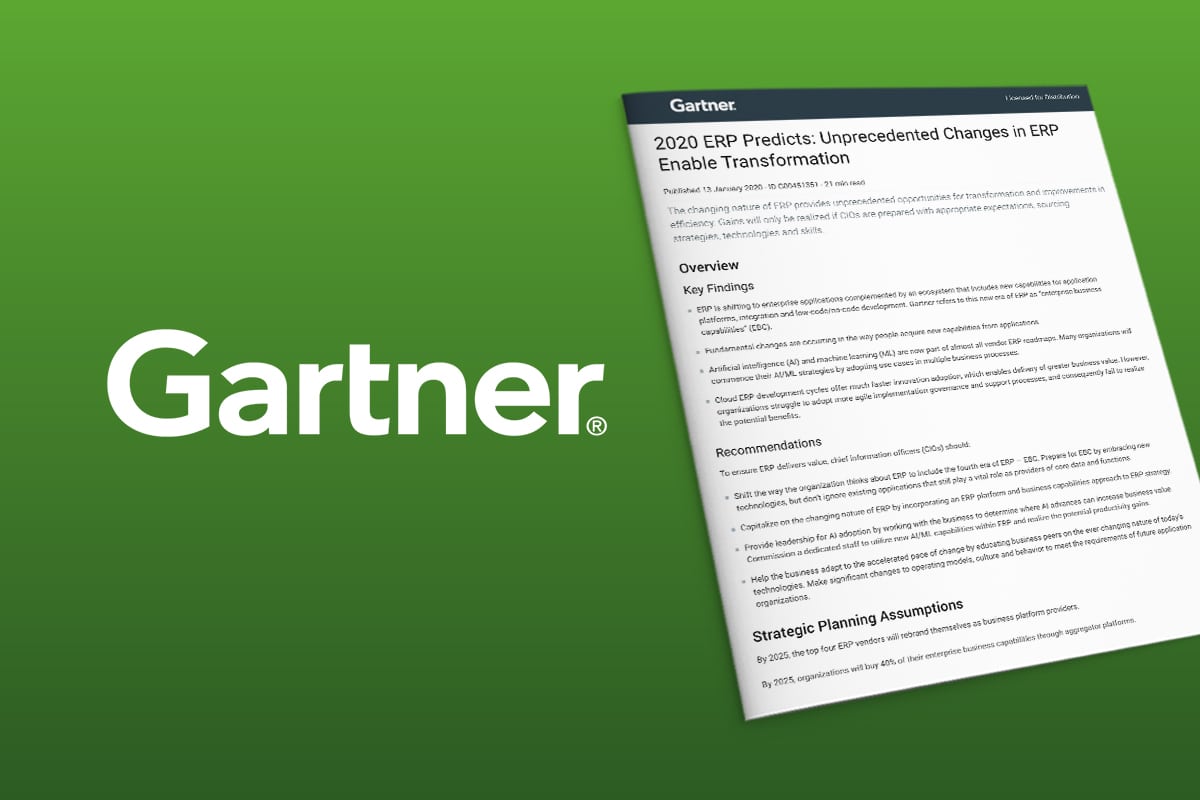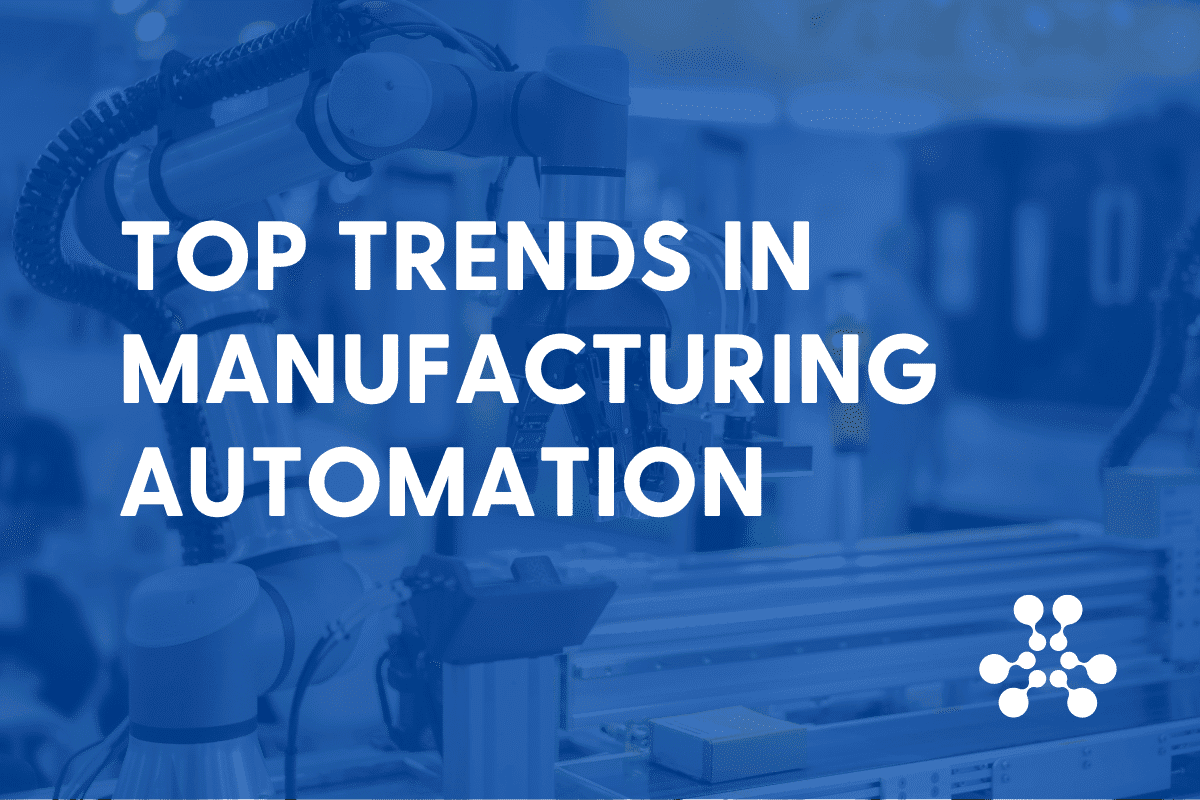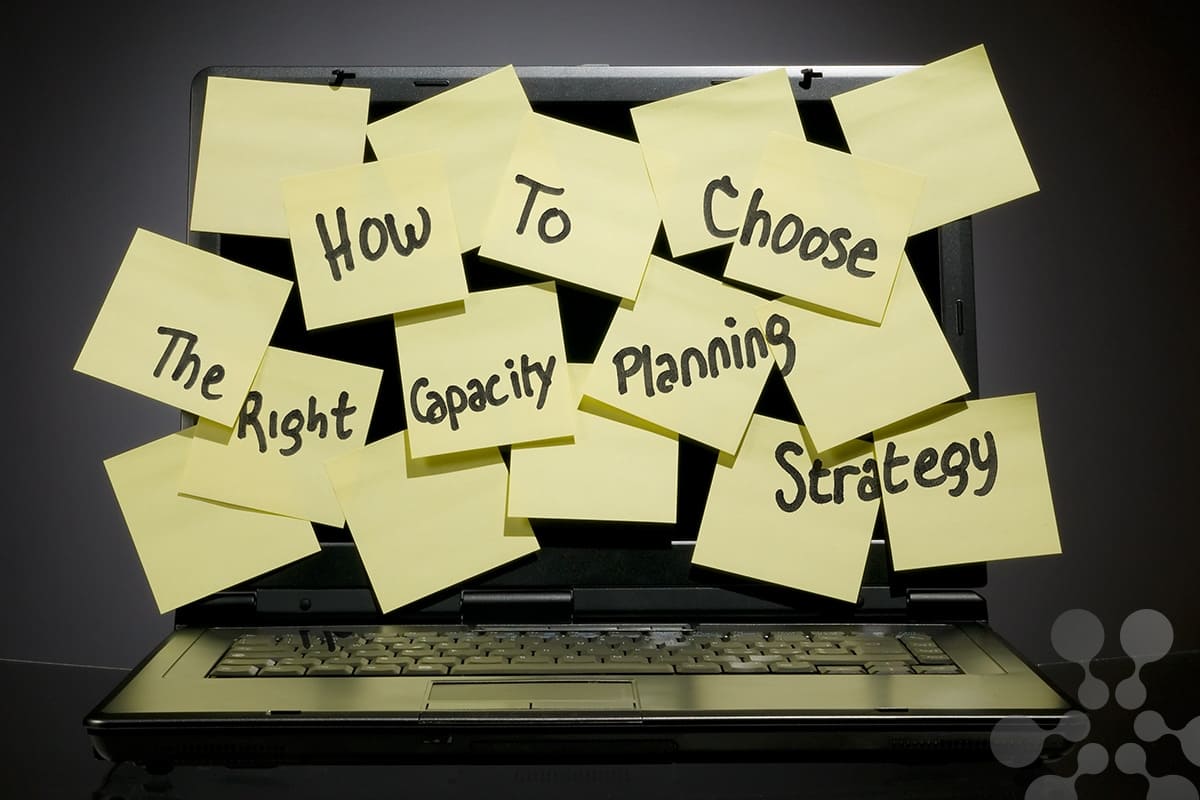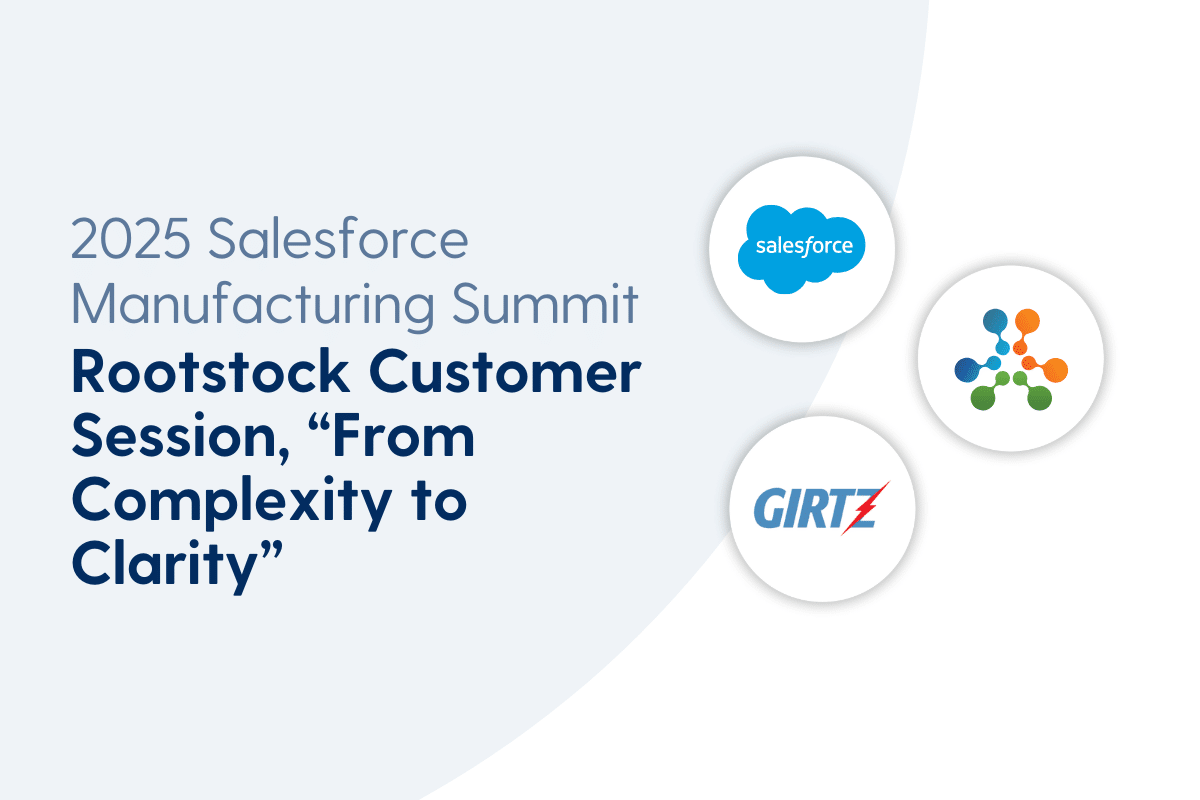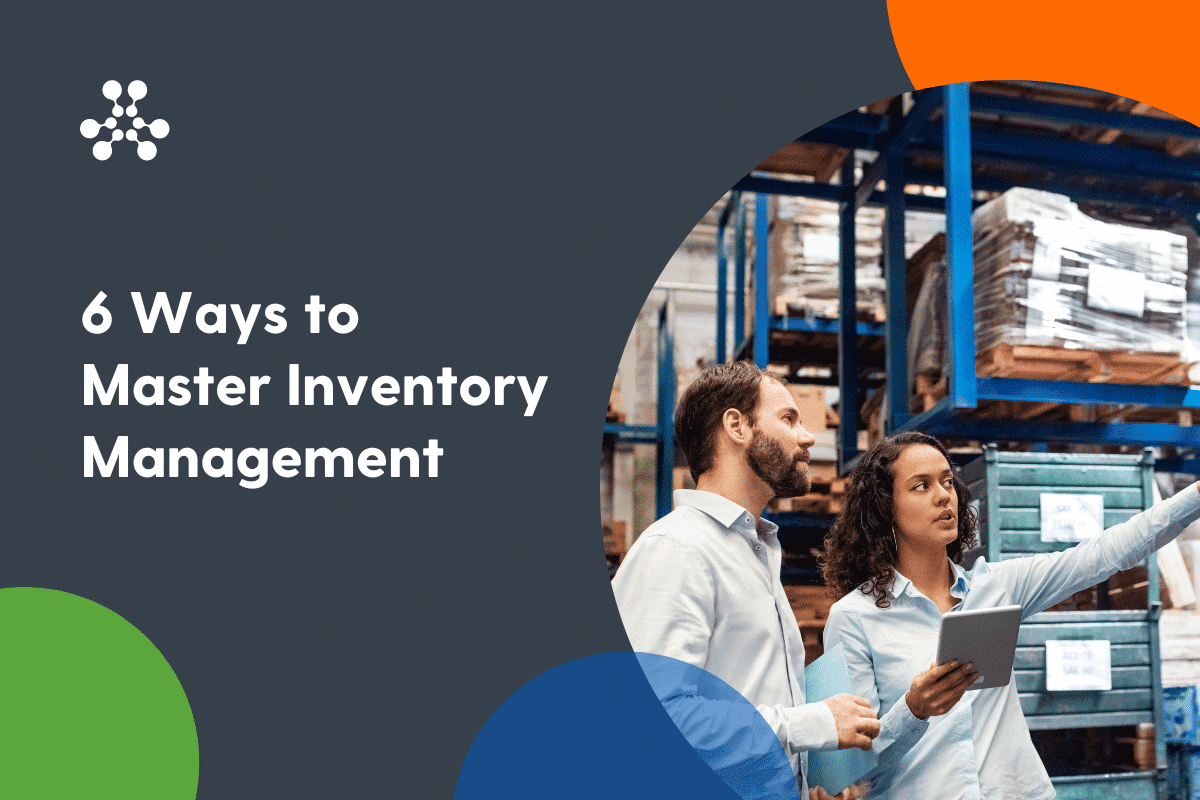The Changing Nature of ERP
It’s cliché to say that the business world is rapidly changing. We’ve all been living this rapid, disruptive change for many years. With each new wave of transformational technology – from yesterday’s smartphones and social media to today’s Internet of Things and Augmented Reality – many businesses resist change, slowly evaluate options, and then eventually hop on board. But after watching that same pattern repeatedly, it’s clear that those who take the leap earlier come out on top in the end.
ERP is an anomaly in this area, however, since it’s been around for so many decades. The benefits and value are crystal clear, and most have already employed ERP in their business. But a flood of new technologies have made today’s ERP drastically better than yesterday’s ERP, and a new analysis from Gartner details how the “changing nature of ERP” is giving companies new and exciting opportunities to transform how they do business and improve efficiency by leaps and bounds.
Gartner’s “2020 ERP Predicts: Unprecedented Changes in ERP Enable Transformation” explains how ERP is morphing into a complete business platform. It predicts that companies will continue to move away from enterprise point solutions as more and more favor an integrated enterprise platform delivered as a service. Yes, the cloud will continue to take over while expensive, burdensome on-premise applications will continue to fade away. Gartner says these integrated platforms will “create an interoperable set of services brought together to orchestrate and deliver business processes.” Smarter and more modern software also brings “low-code/no-code” development and process automation so companies can quickly extend ERP to fit their unique needs with little to no effort or cost.
In other words, ERP will be a platform to run your entire business, not just a point application aimed at production or operations.
Supporting this transformation to a business platform, according to Gartner, ERP will provide more advanced and easier to use business modeling features. This will allow companies to use real-time data to spot trends, react to market signals, and identify even more areas for process improvement. This not only elevates ERP beyond the factory floor, it makes it a valuable tool for Sales, Finance, Marketing, Support, and even the CEO.
ERP Will Lead the Way
Leading this ERP transformation, says Gartner, will be nontraditional ERP vendors. Their modern code bases, built-for-the-cloud infrastructures, as-a-service subscription models, and simple API-driven integrations make them more attractive to companies of all sizes. What’s more, their cloud-based platforms are easy to extend with add-on components available in just a click; mobile apps that enable seamless, always-connected processes; and instant data connectivity within and outside of their partner app ecosystem. Even industry-specific, niche processes are becoming commonplace due to their efficient model, common data structure, and single code base.
These ERP advancements are making it easier for CIOs to not only advance their business, but also streamline how their teams operate and reduce the need for expensive manual maintenance and support. If you’re an IT executive struggling to maintain a legacy ERP system, you already know the drag it puts on your business. Luckily, moving to a modern ERP system, and gaining all the advantages mentioned by Gartner, is easier than you might imagine.
Learn more about Gartner’s predictions for ERP by downloading “2020 ERP Predicts: Unprecedented Changes in ERP Enable Transformation” today. Or, if you’re ready to learn how today’s ERP can help you, drop us a line.
